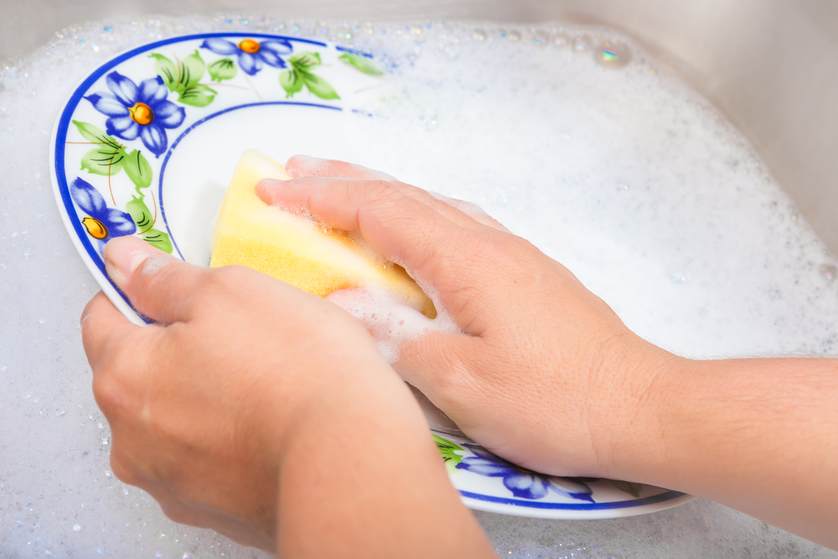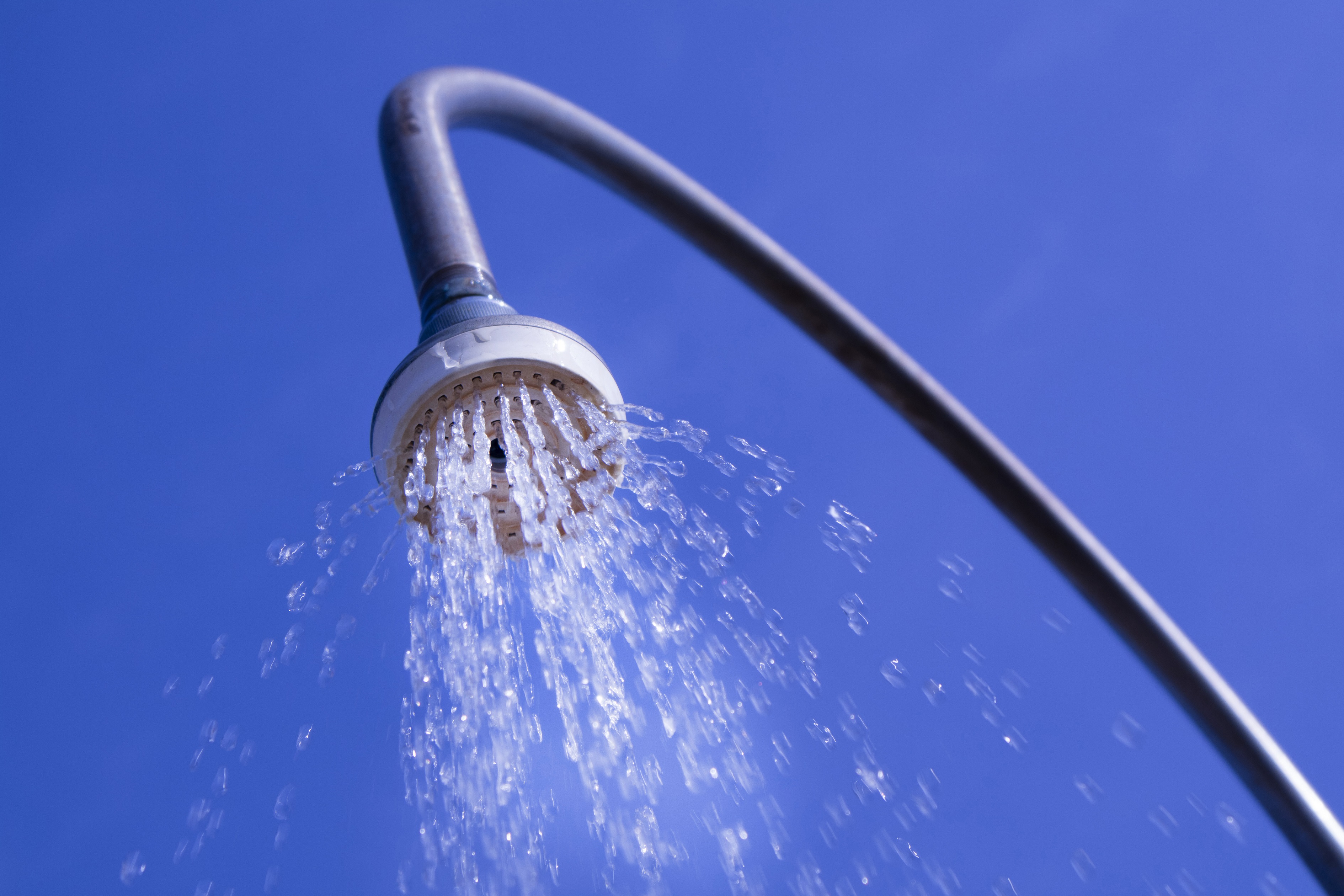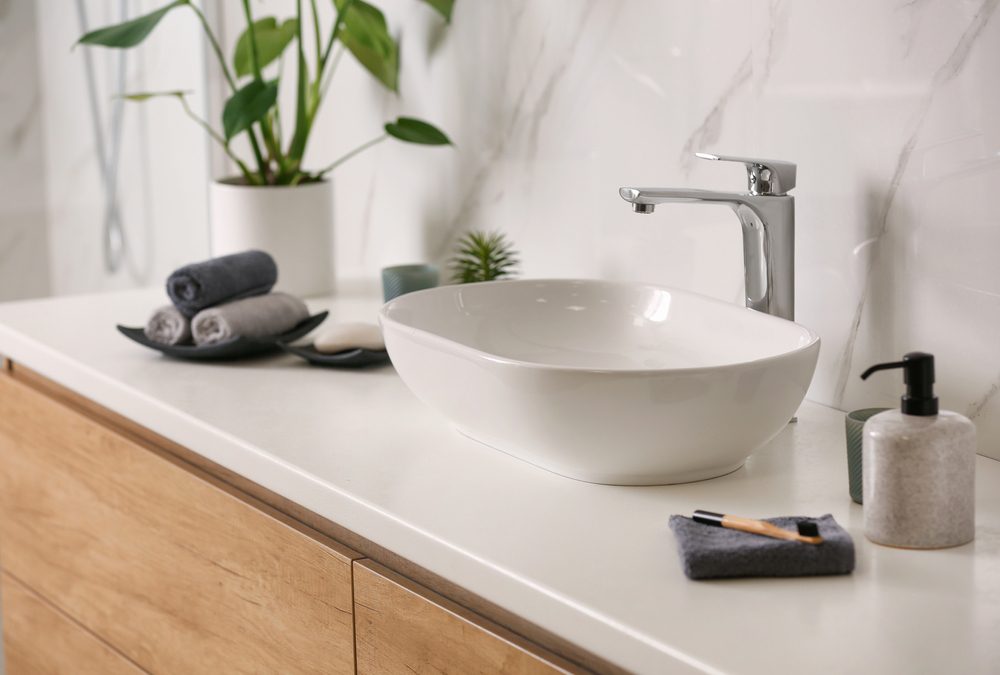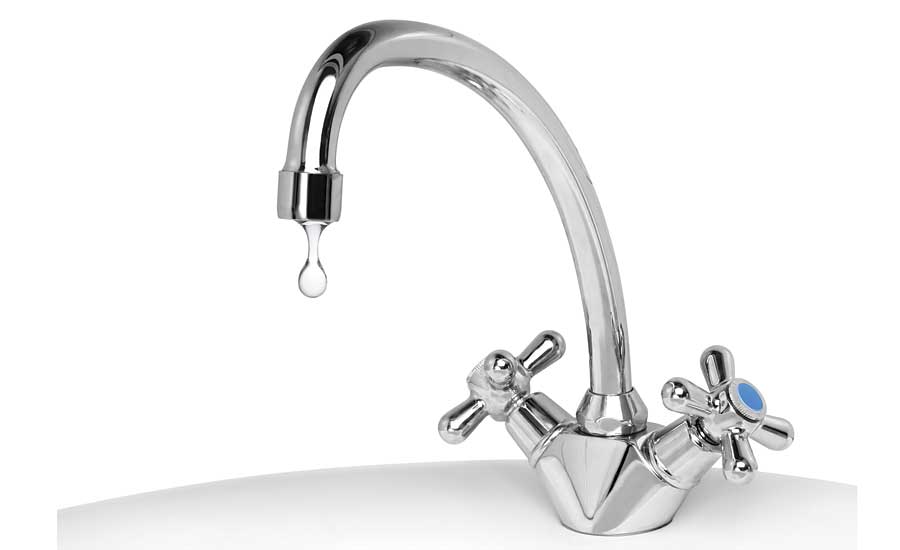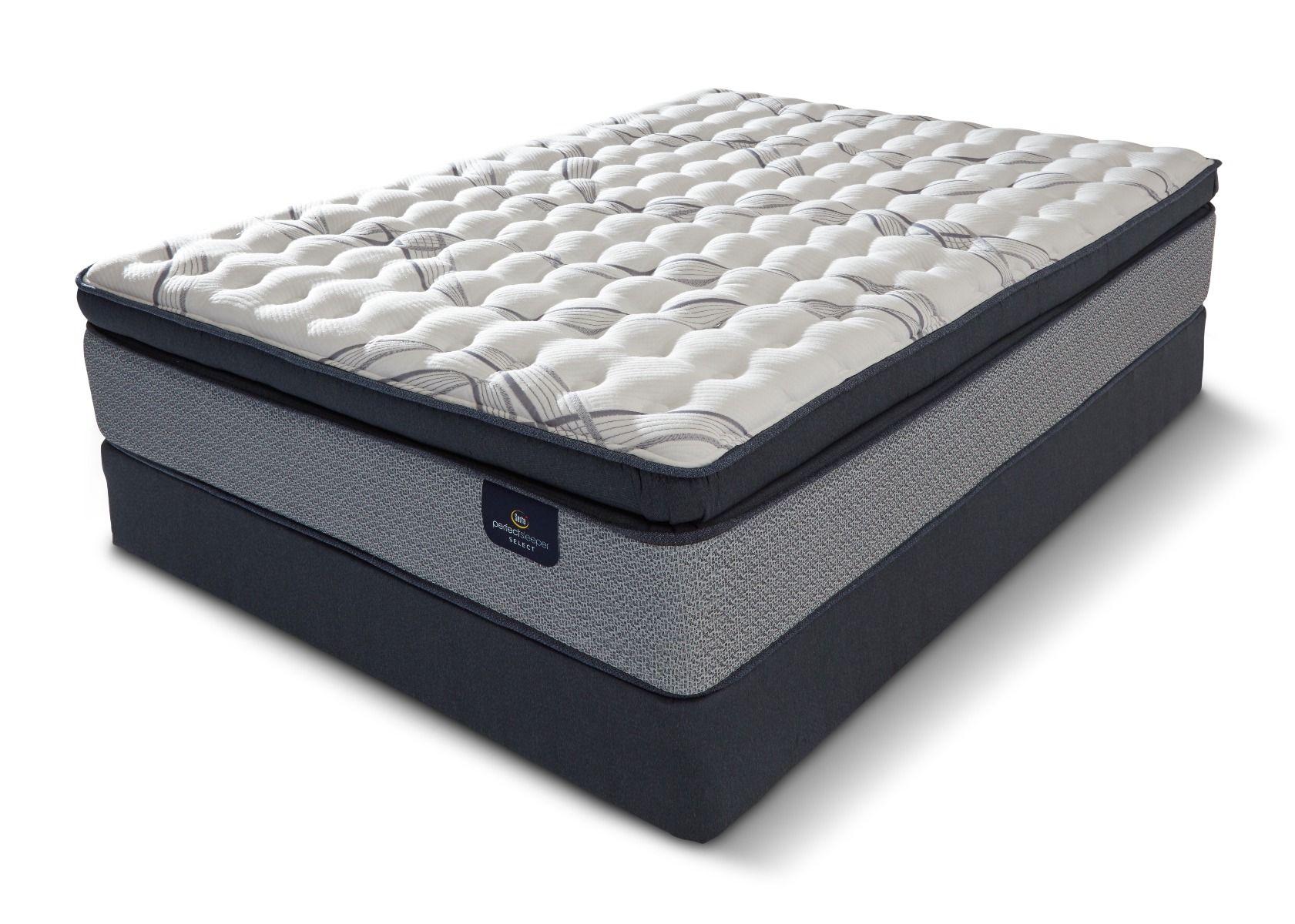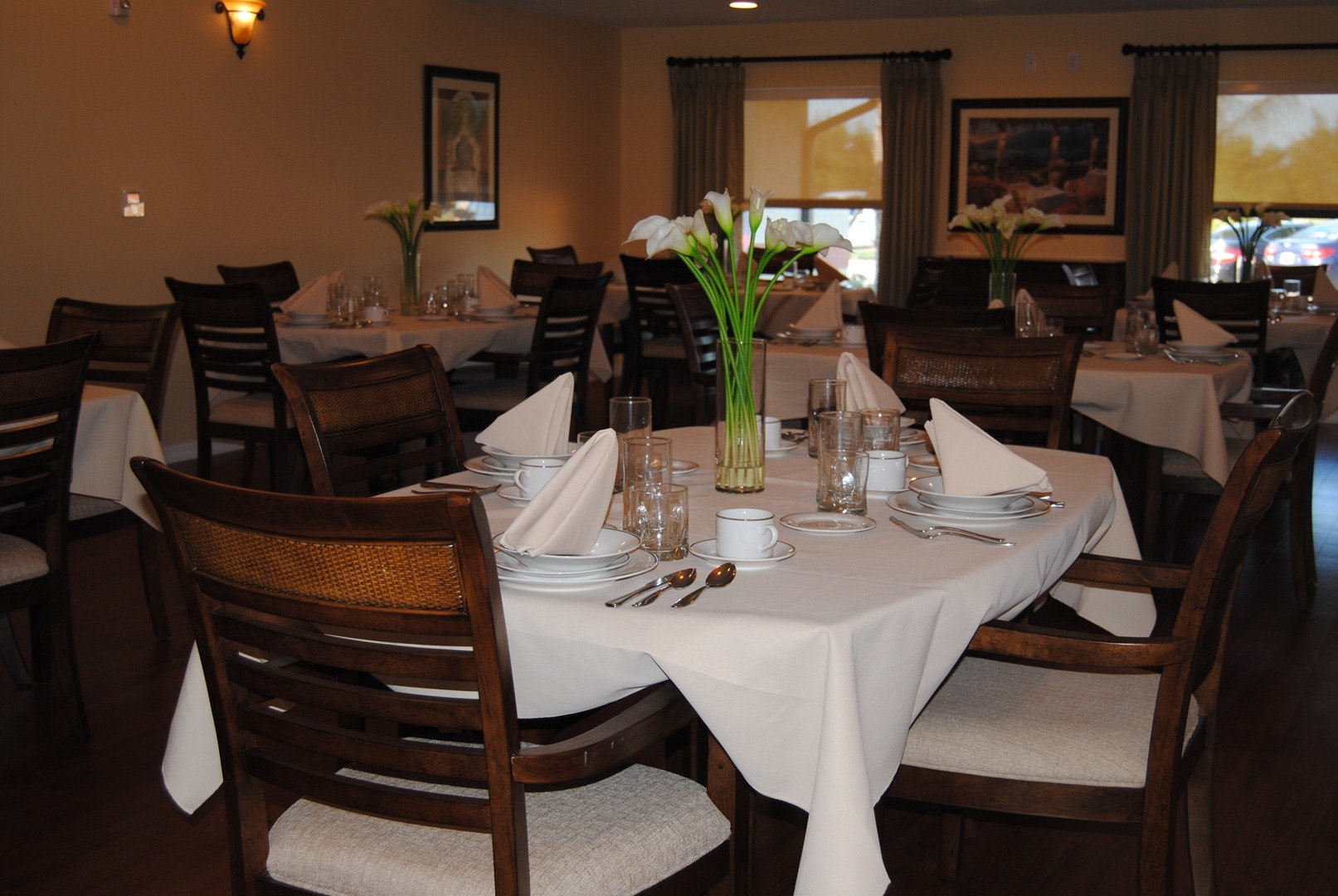Hot water is an essential part of any kitchen, but it can also be a major source of water and energy waste. From washing dishes to cooking and cleaning, we use hot water daily without even realizing how much we are consuming. However, with a few simple changes and habits, we can significantly reduce our hot water consumption in the kitchen, saving both water and money. Here are some tips to help you get started.How to Reduce Hot Water Consumption in Your Kitchen
Before diving into ways to conserve hot water, it's important to remember that saving water also means saving hot water. This can be achieved by being mindful of how we use water in the kitchen. For example, instead of leaving the faucet running while washing dishes, try filling up the sink or using a bowl to rinse dishes. Also, fix any leaks in your kitchen sink or faucet as soon as possible to avoid wasting water.How to Save Water in the Kitchen
One of the easiest ways to reduce hot water consumption in the kitchen is by using a low-flow faucet aerator. These devices mix air into the water stream, reducing the amount of water used without compromising water pressure. They are also relatively inexpensive and easy to install, making them a great investment for any kitchen.Tips for Conserving Hot Water in the Kitchen
Cooking is another area where we can save hot water in the kitchen. Instead of filling up a large pot with hot water, try using just enough to cover the food. Also, when boiling water, use the lid on the pot to retain heat and reduce cooking time. This not only saves water but also energy.Efficient Hot Water Use in the Kitchen
In addition to low-flow aerators, there are other devices that can help save hot water in the kitchen. For example, a hot water recirculating pump can be installed under the sink to keep hot water readily available, eliminating the need to run the faucet until hot water arrives. This can save gallons of water each day!Hot Water Saving Devices for Your Kitchen Sink
If you want to take your hot water conservation efforts to the next level, consider installing a solar water heating system for your kitchen. This renewable energy source uses the sun's energy to heat water, reducing the need for traditional hot water sources. While it may require an upfront investment, it can save you money in the long run and reduce your carbon footprint.Eco-Friendly Kitchen Sink Hot Water Solutions
If you're curious about how much hot water your household uses, you can use an online hot water usage calculator specifically designed for kitchens. This tool takes into account your household size, frequency of hot water use, and type of hot water appliances to estimate your daily and monthly hot water consumption.Hot Water Usage Calculator for Your Kitchen
Reducing hot water consumption in the kitchen not only benefits the environment but also your wallet. By following the tips mentioned above, you can lower your kitchen's hot water bill and save money each month. This extra cash can be put towards other household expenses or saved for a rainy day.Ways to Lower Your Kitchen's Hot Water Bill
Aside from using water-saving devices and being mindful of hot water usage, there are other techniques you can implement to conserve hot water in the kitchen. For example, try washing dishes in batches instead of one at a time. This allows you to reuse hot water and avoid continuously running the faucet. You can also use leftover hot water from cooking to clean dirty dishes or wipe down countertops.Hot Water Conservation Techniques for Your Kitchen
If you're interested in installing a low-flow kitchen faucet yourself, it's a relatively easy process. First, turn off the water supply to your kitchen sink. Then, remove the old faucet and install the new one according to the manufacturer's instructions. Once the new faucet is in place, turn the water supply back on and test it out. You should notice a decrease in water flow, which means you're on your way to saving hot water! Reducing hot water consumption in your kitchen may seem like a small change, but it can make a big impact. By implementing these tips and techniques, you can save water, money, and help protect the environment. So why not start making a difference in your kitchen today?How to Install a Low-Flow Kitchen Faucet
Kitchen Sink Hot Water Consumption: How to Reduce Your Environmental Impact

The Importance of Sustainable House Design
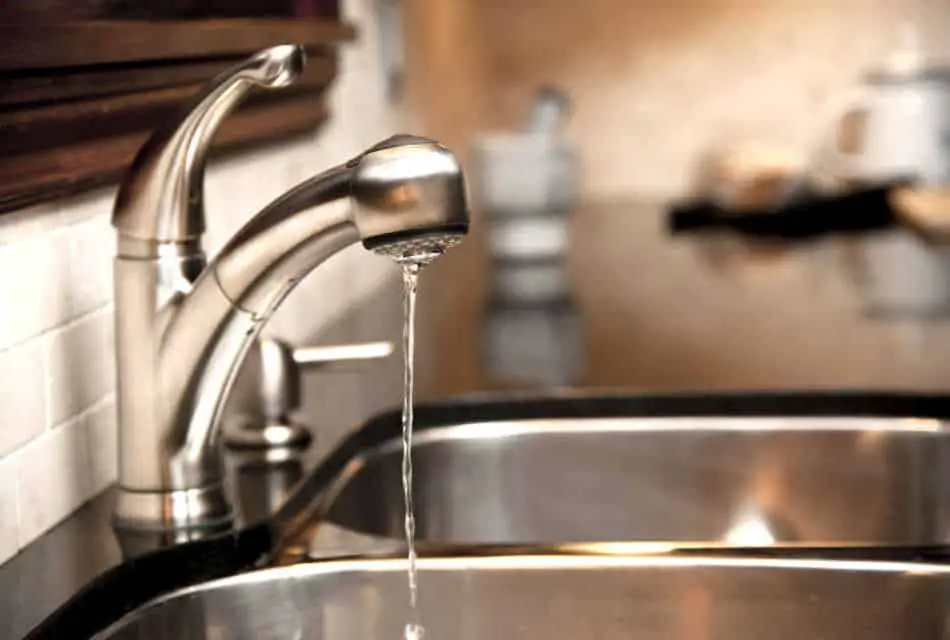 In today's world, the concept of sustainability has become increasingly important. With the growing concerns about climate change and environmental degradation, people are becoming more conscious of their daily habits and how they impact the planet. This awareness has also extended to the design and construction of houses, with more and more homeowners opting for sustainable and eco-friendly features in their homes. One area that often goes unnoticed when it comes to sustainability is the kitchen sink hot water consumption. However, it is an important aspect to consider in your house design as it can have a significant impact on the environment and your utility bills.
In today's world, the concept of sustainability has become increasingly important. With the growing concerns about climate change and environmental degradation, people are becoming more conscious of their daily habits and how they impact the planet. This awareness has also extended to the design and construction of houses, with more and more homeowners opting for sustainable and eco-friendly features in their homes. One area that often goes unnoticed when it comes to sustainability is the kitchen sink hot water consumption. However, it is an important aspect to consider in your house design as it can have a significant impact on the environment and your utility bills.
The Environmental Impact of Hot Water Consumption
 Hot water is a precious resource and is used for various purposes in our homes, including washing dishes in the kitchen sink. However, the process of heating water requires energy, and the majority of this energy comes from non-renewable sources such as fossil fuels. This means that every time you use hot water, you are contributing to carbon emissions and depleting our planet's resources. In addition, hot water consumption also leads to higher energy bills, which can put a strain on your finances.
Reducing Your Hot Water Consumption
Fortunately, there are simple and effective ways to reduce your kitchen sink hot water consumption and minimize your environmental impact. One way is to install low-flow faucets and aerators, which can reduce the amount of hot water used while still maintaining adequate water pressure. Another option is to switch to energy-efficient appliances, such as dishwashers and water heaters, which use less hot water and operate on renewable energy sources. Additionally, practicing mindful habits, such as only using hot water when necessary and fixing any leaks promptly, can also make a significant difference.
Hot water is a precious resource and is used for various purposes in our homes, including washing dishes in the kitchen sink. However, the process of heating water requires energy, and the majority of this energy comes from non-renewable sources such as fossil fuels. This means that every time you use hot water, you are contributing to carbon emissions and depleting our planet's resources. In addition, hot water consumption also leads to higher energy bills, which can put a strain on your finances.
Reducing Your Hot Water Consumption
Fortunately, there are simple and effective ways to reduce your kitchen sink hot water consumption and minimize your environmental impact. One way is to install low-flow faucets and aerators, which can reduce the amount of hot water used while still maintaining adequate water pressure. Another option is to switch to energy-efficient appliances, such as dishwashers and water heaters, which use less hot water and operate on renewable energy sources. Additionally, practicing mindful habits, such as only using hot water when necessary and fixing any leaks promptly, can also make a significant difference.
The Benefits of Sustainable Hot Water Consumption
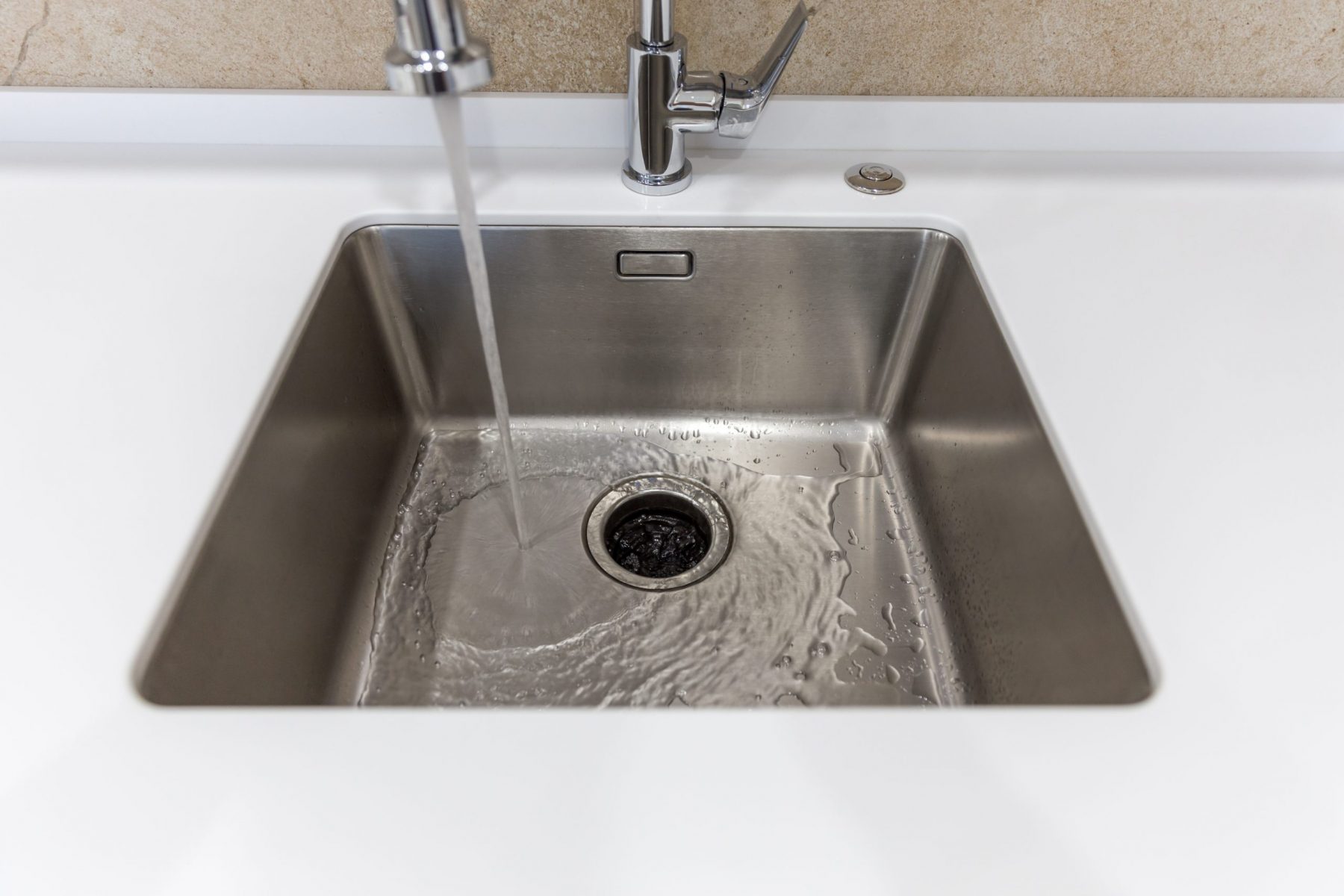 Not only does reducing your hot water consumption help the environment, but it also has several benefits for you as a homeowner. It can lead to lower energy bills, saving you money in the long run. It also helps to conserve water, which is a limited resource in many parts of the world. By incorporating sustainable hot water consumption practices into your house design, you are making a positive impact on the environment and creating a more efficient and cost-effective home.
Conclusion
In conclusion, kitchen sink hot water consumption is an important aspect to consider in your house design. By implementing sustainable practices and making conscious choices, you can reduce your environmental impact and save money at the same time. So, the next time you turn on the hot water tap in your kitchen sink, remember to do your part in creating a more sustainable future for all.
Not only does reducing your hot water consumption help the environment, but it also has several benefits for you as a homeowner. It can lead to lower energy bills, saving you money in the long run. It also helps to conserve water, which is a limited resource in many parts of the world. By incorporating sustainable hot water consumption practices into your house design, you are making a positive impact on the environment and creating a more efficient and cost-effective home.
Conclusion
In conclusion, kitchen sink hot water consumption is an important aspect to consider in your house design. By implementing sustainable practices and making conscious choices, you can reduce your environmental impact and save money at the same time. So, the next time you turn on the hot water tap in your kitchen sink, remember to do your part in creating a more sustainable future for all.
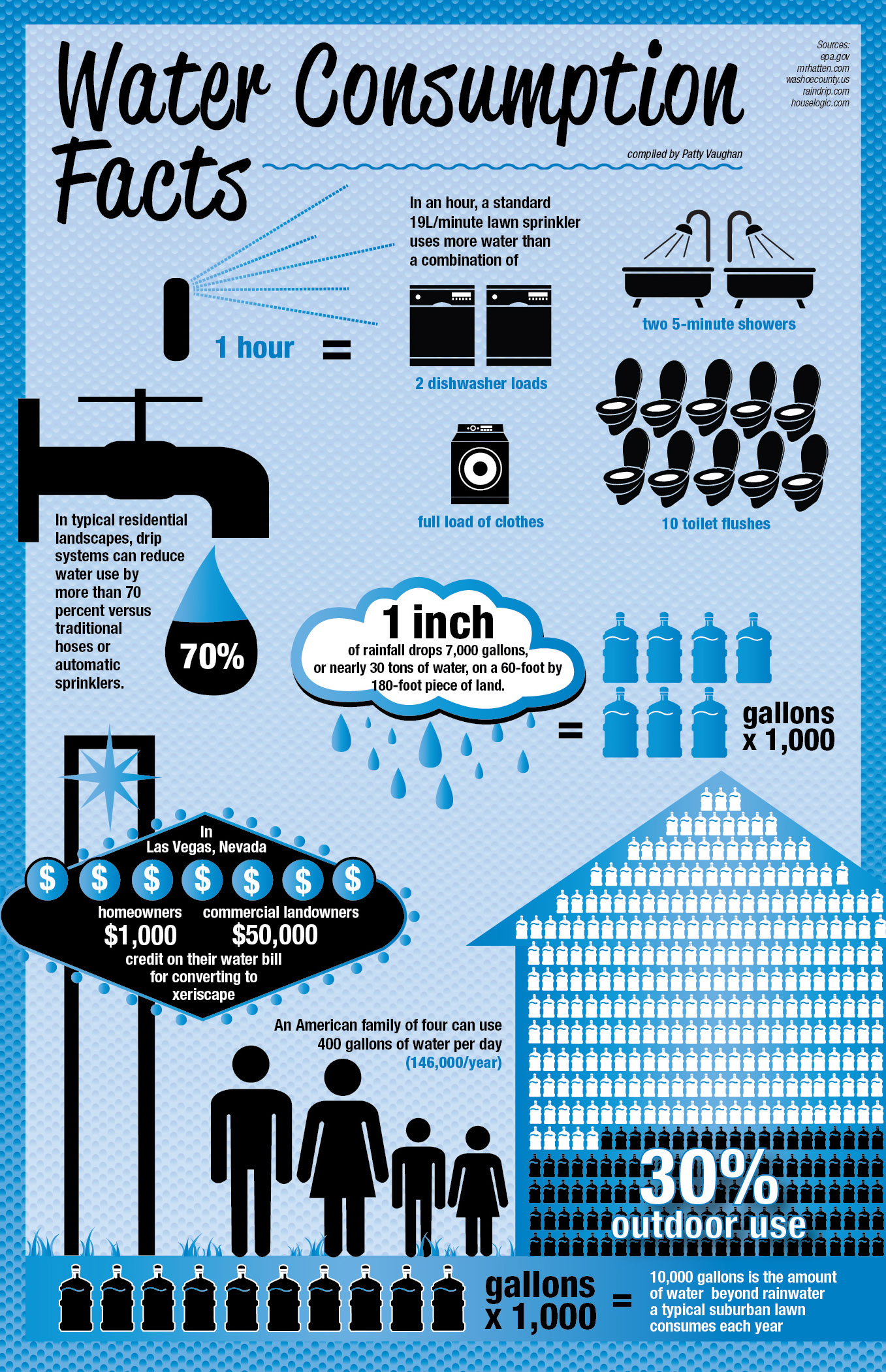

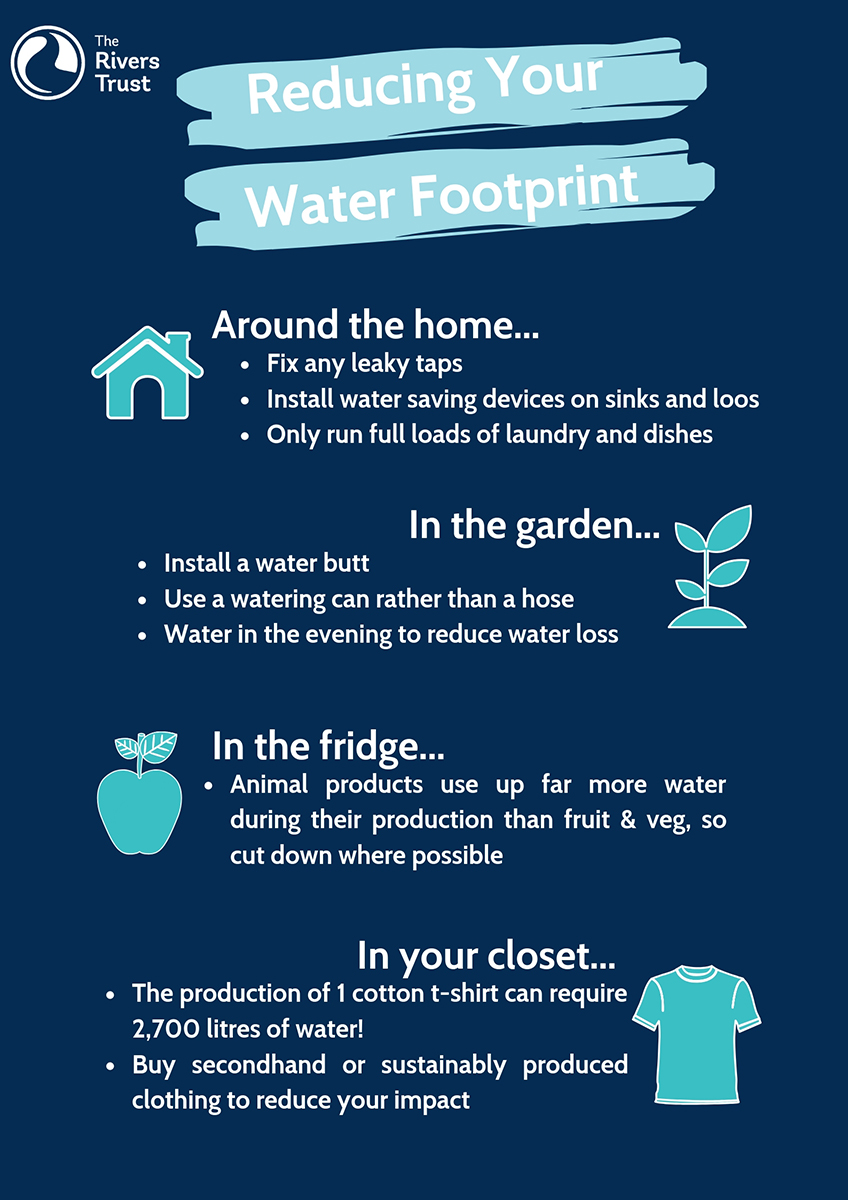
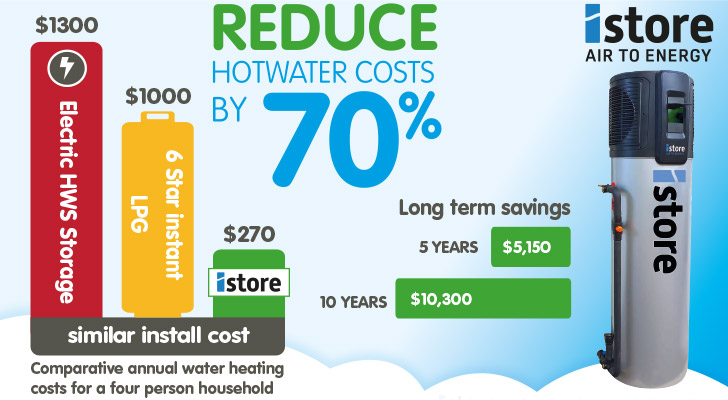

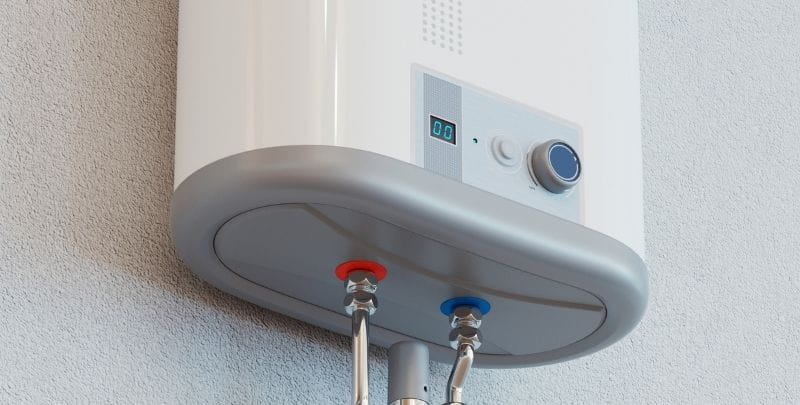
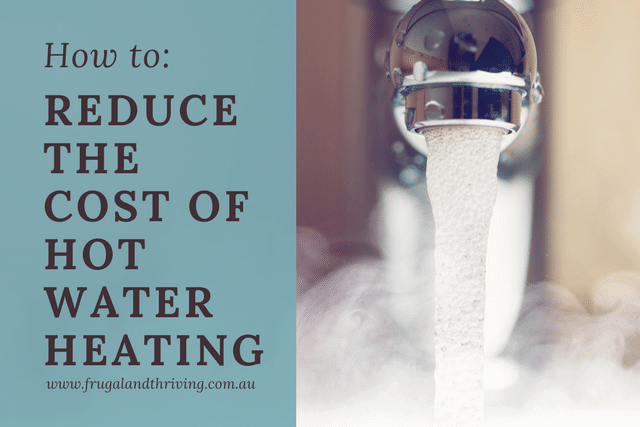

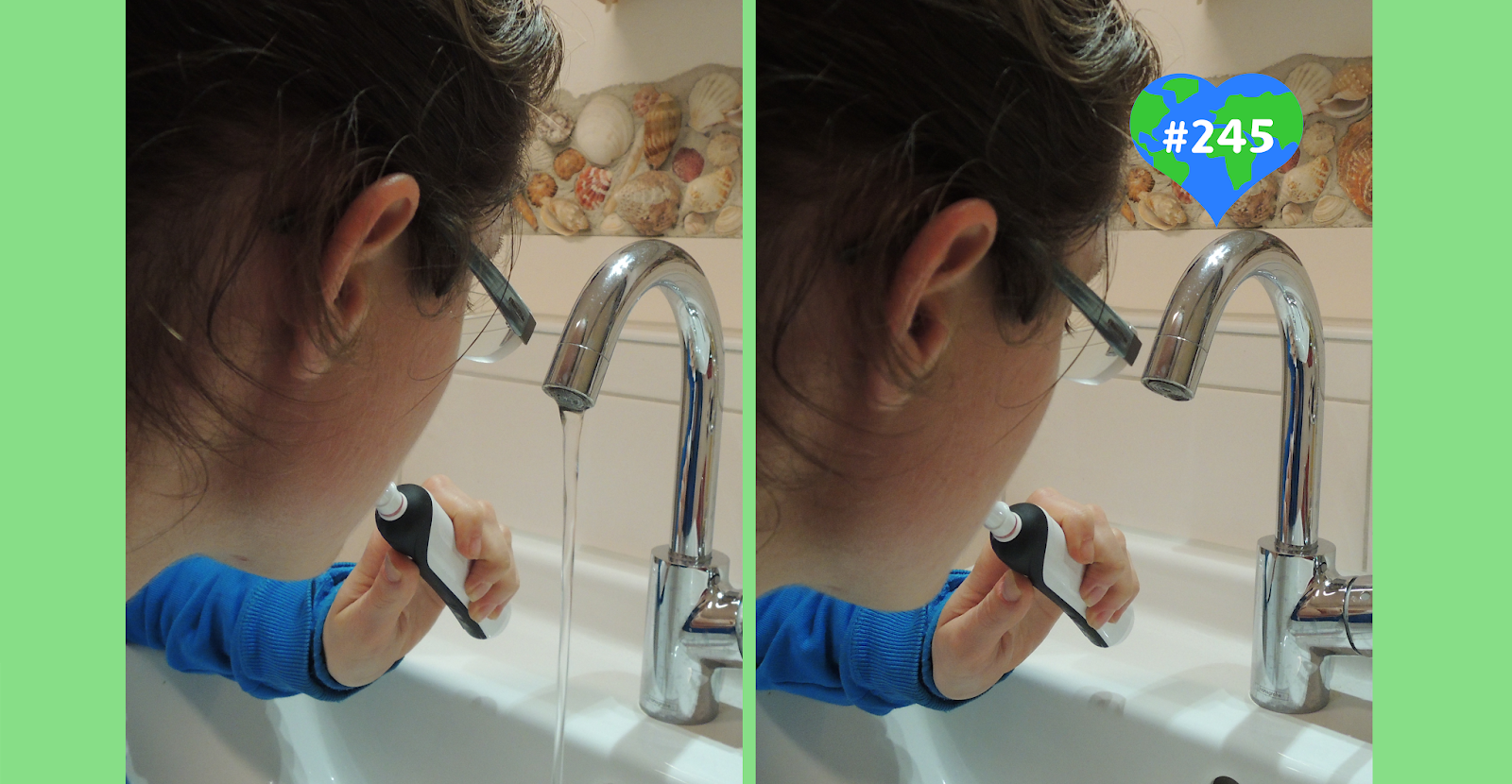

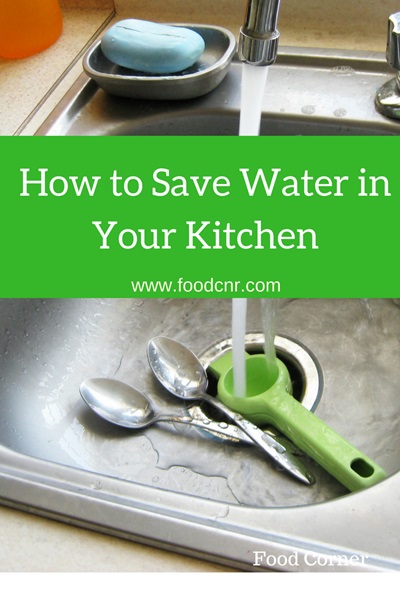


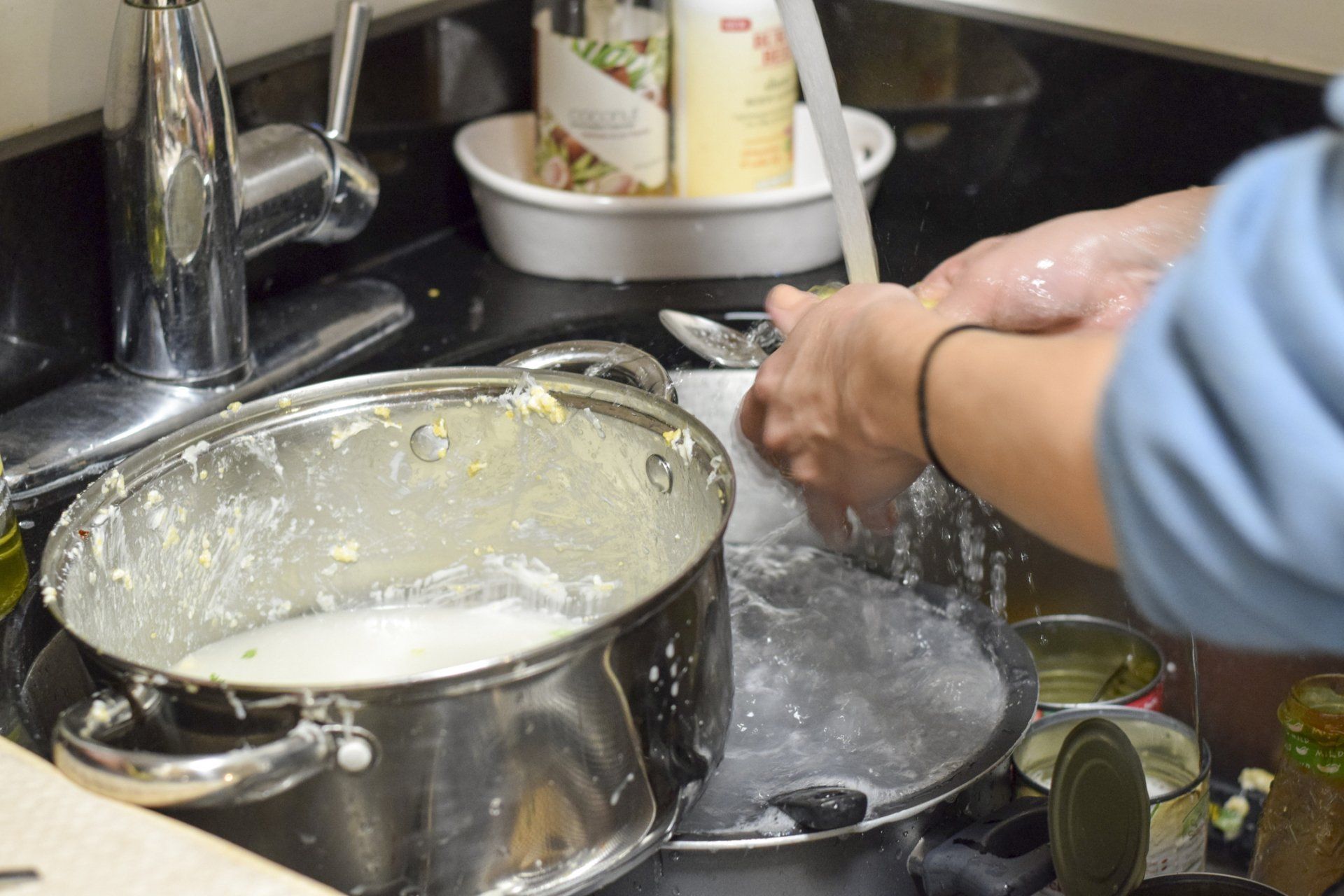
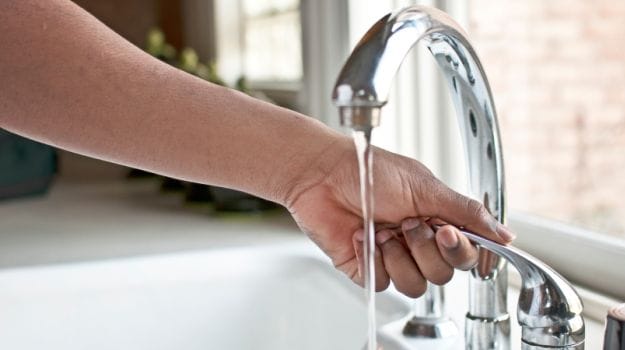




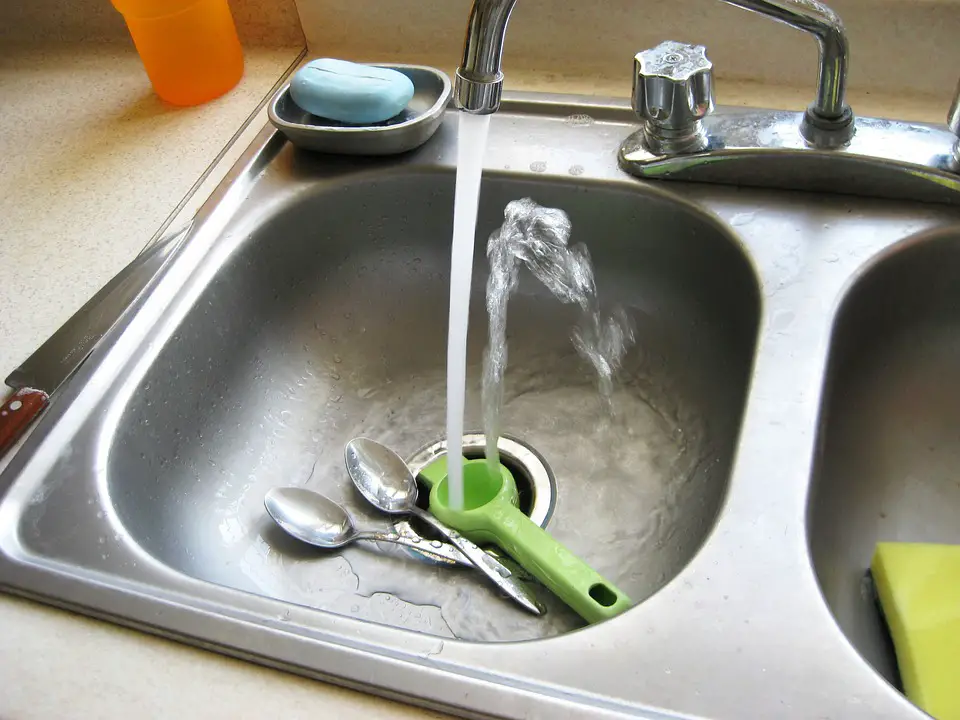
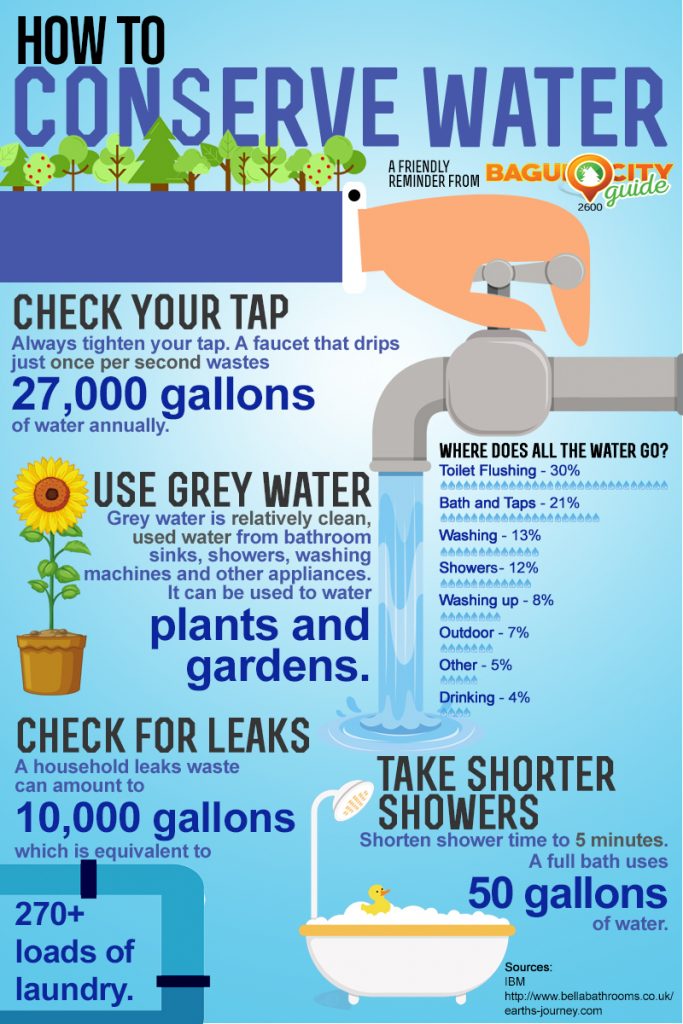




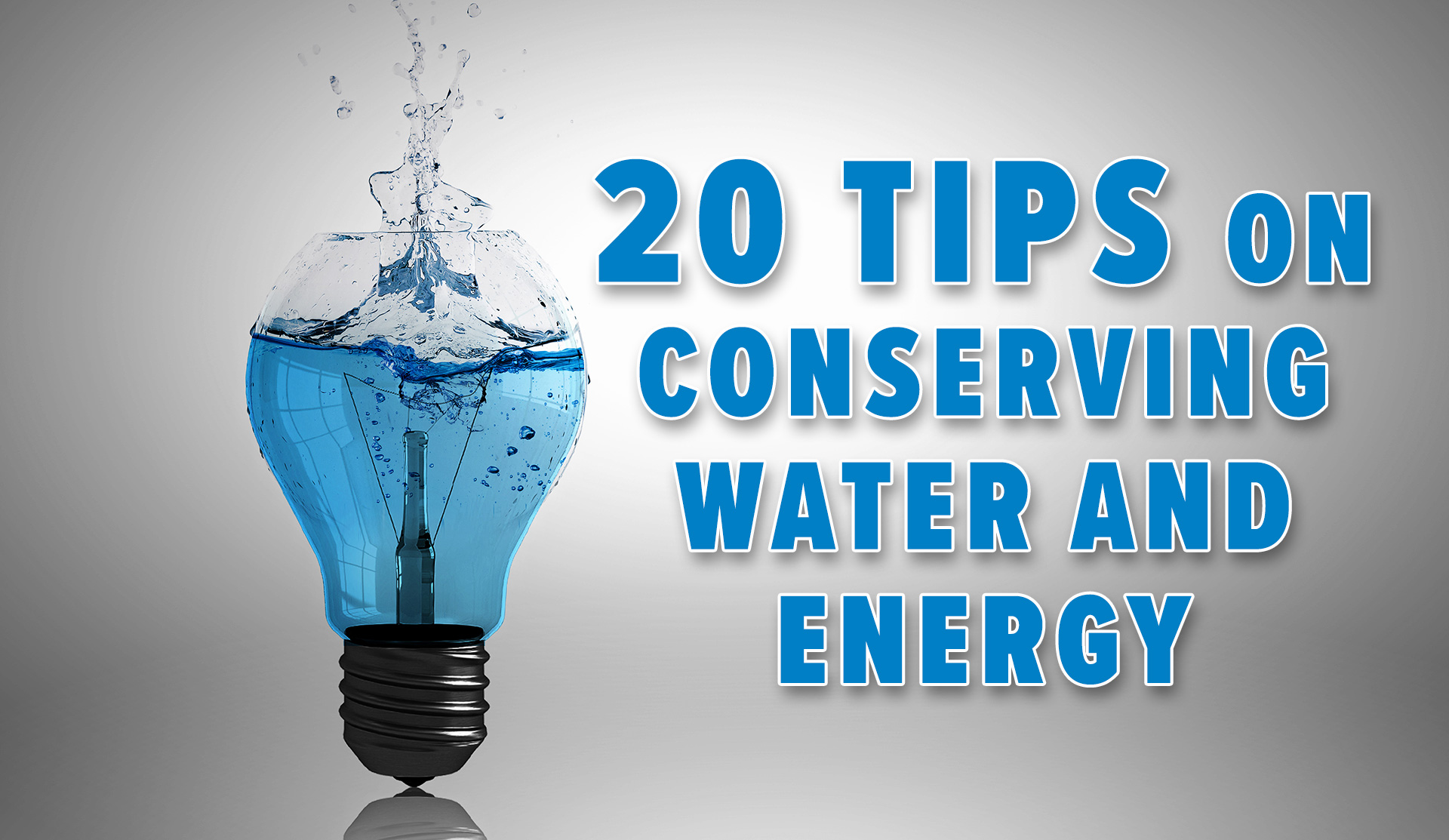
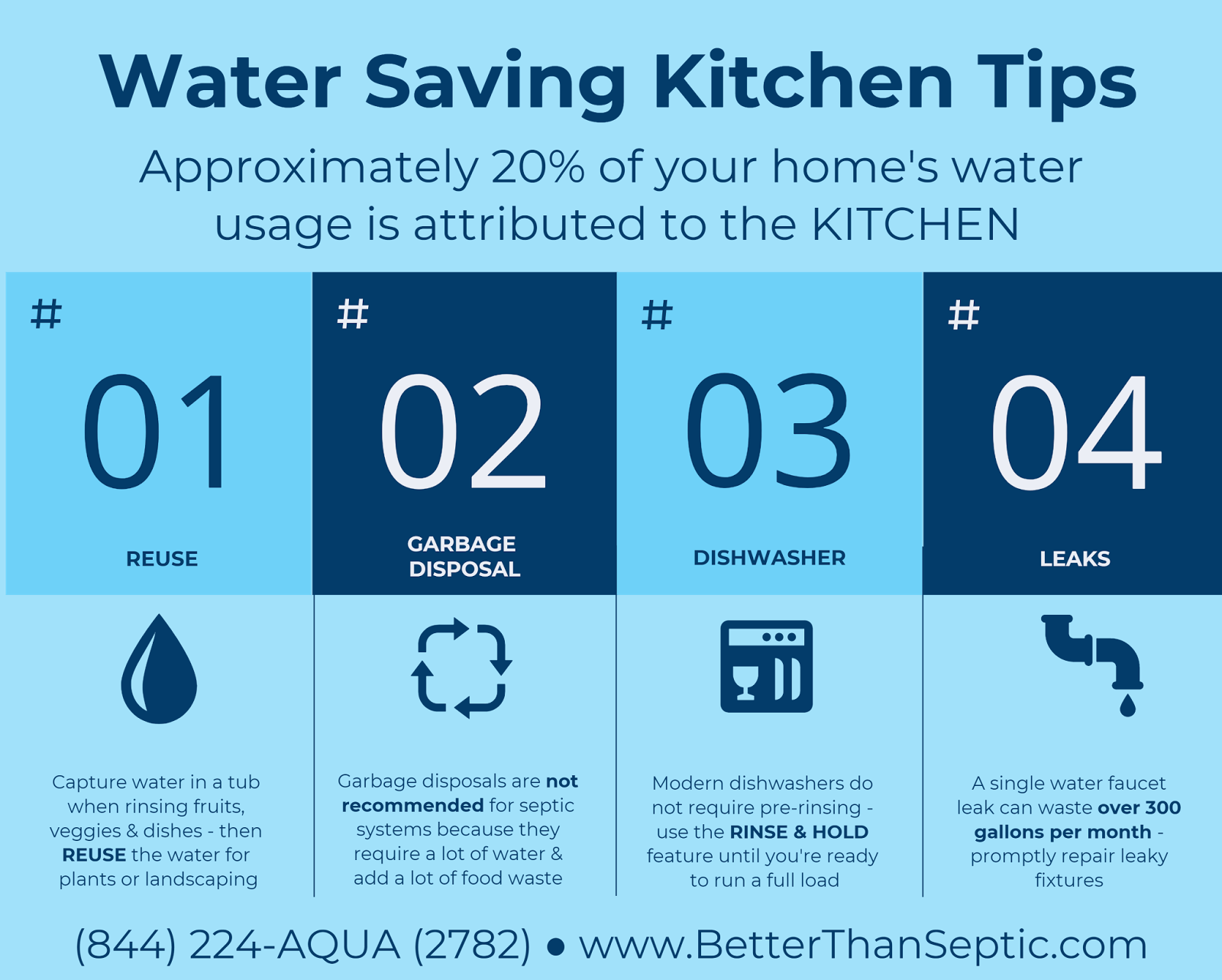
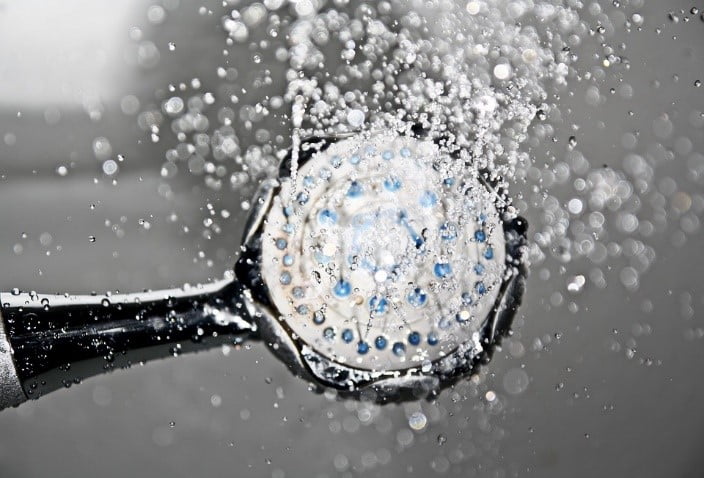
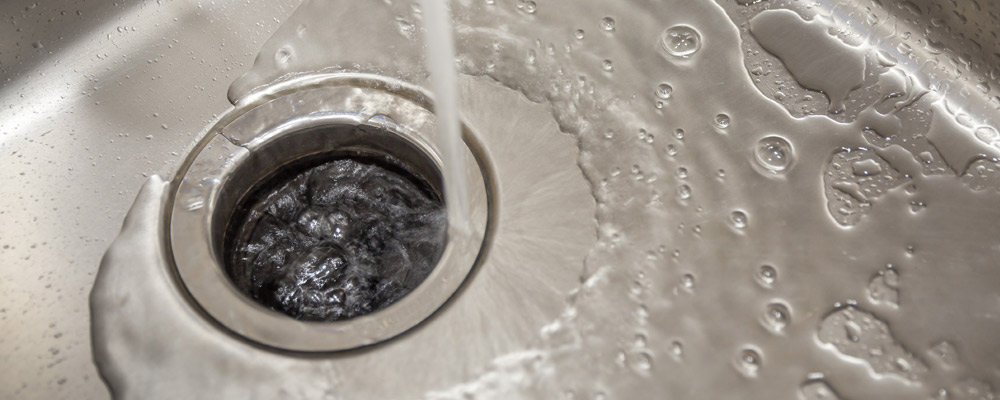



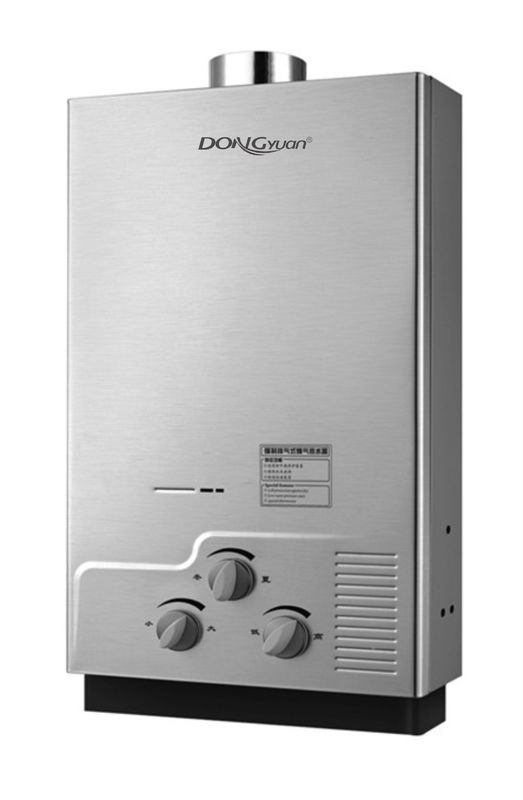
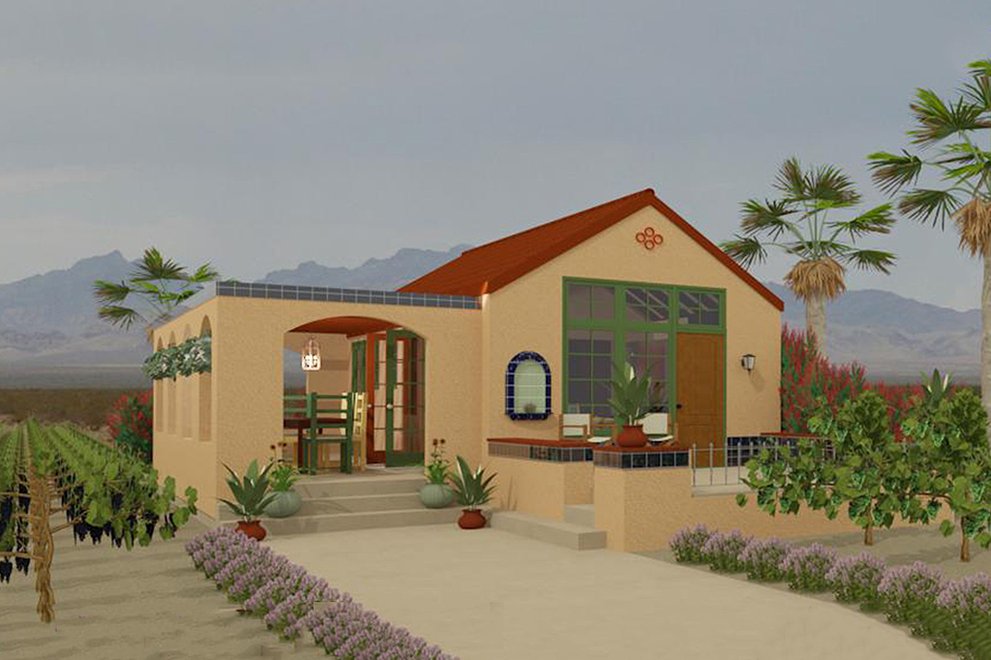


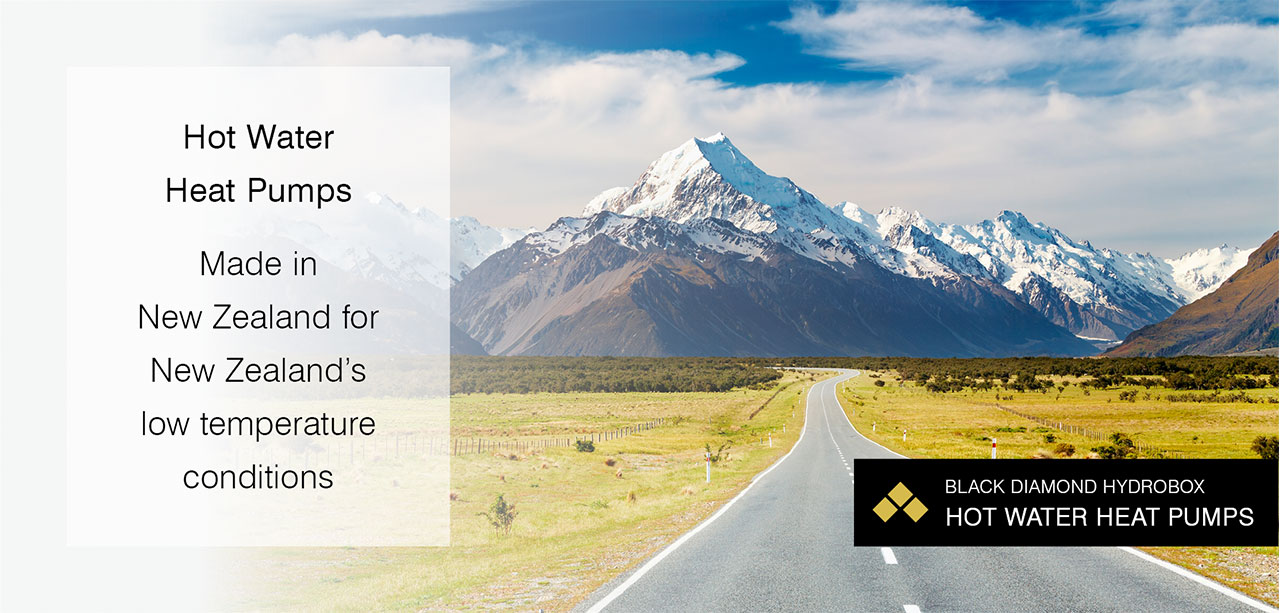

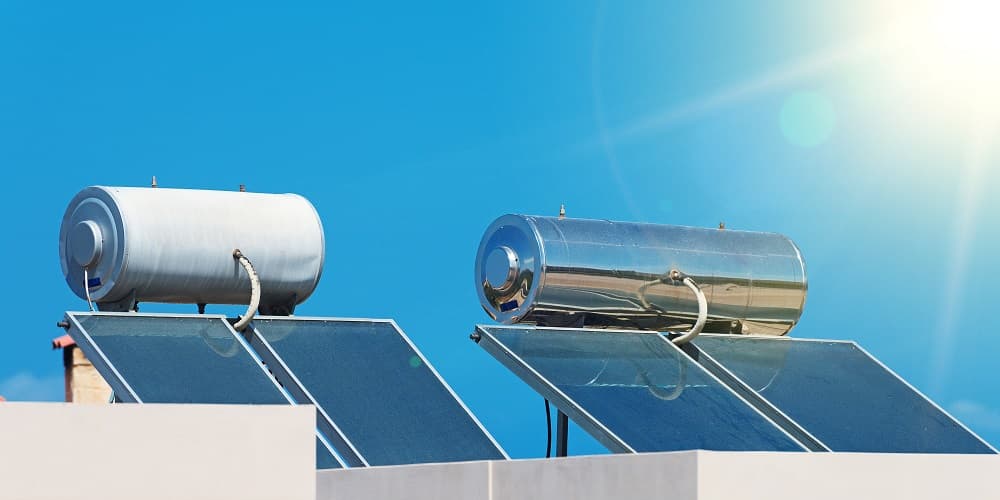
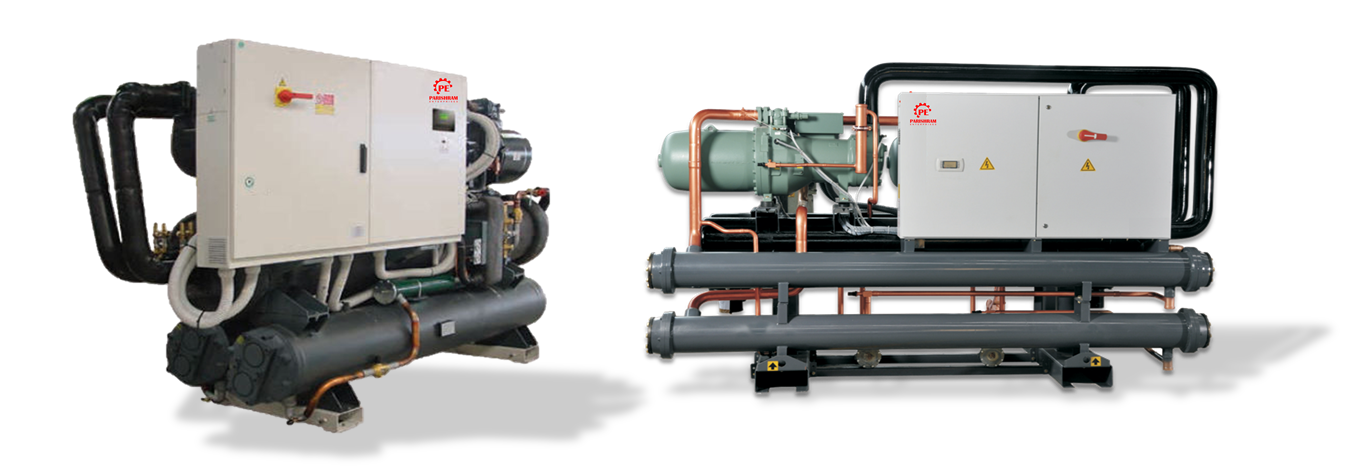






/GettyImages-182691828-5b830d9446e0fb0025cf0bfa.jpg)
/GettyImages-176727516-copy-57ec83205f9b586c3519a8b1.jpg)
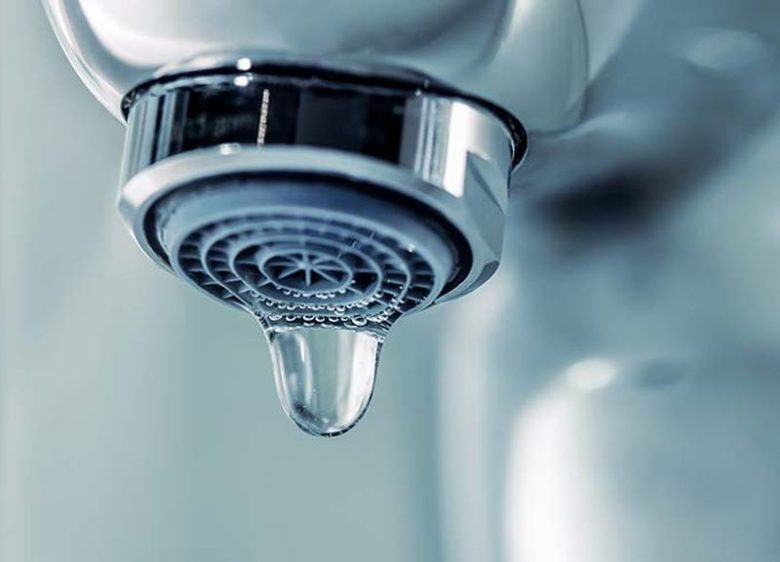



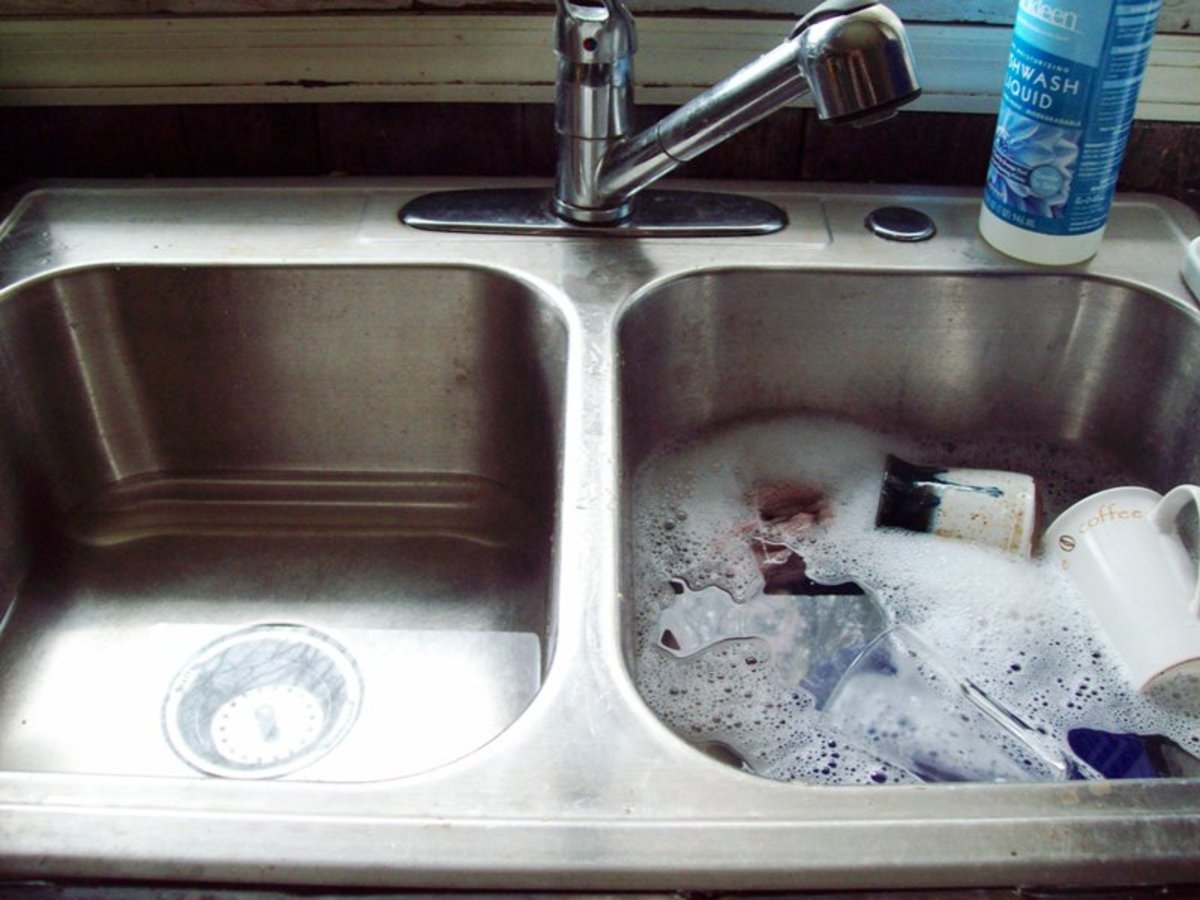




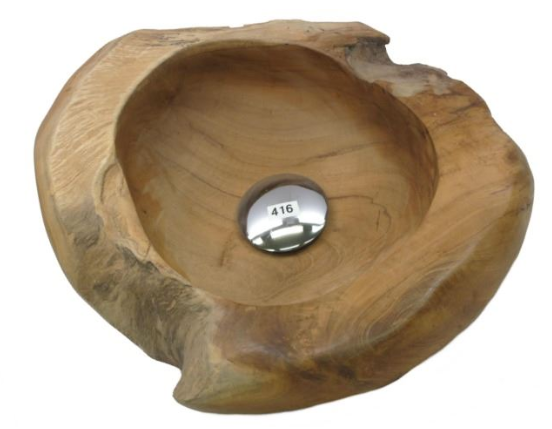




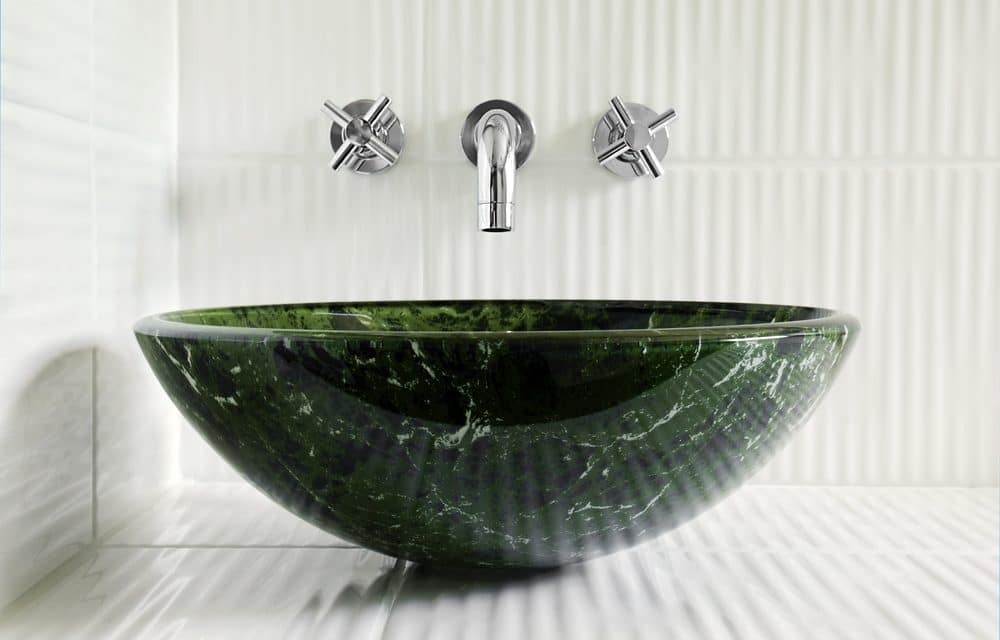
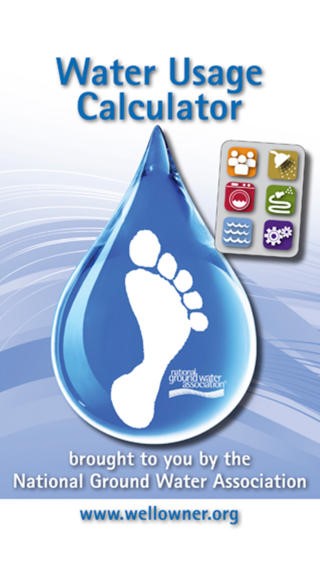



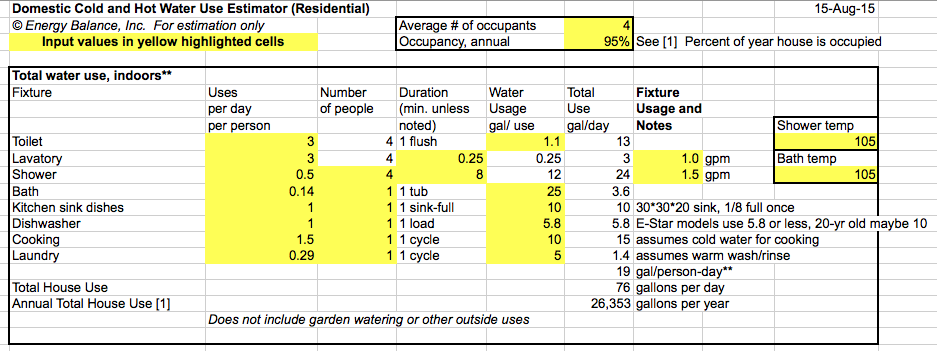

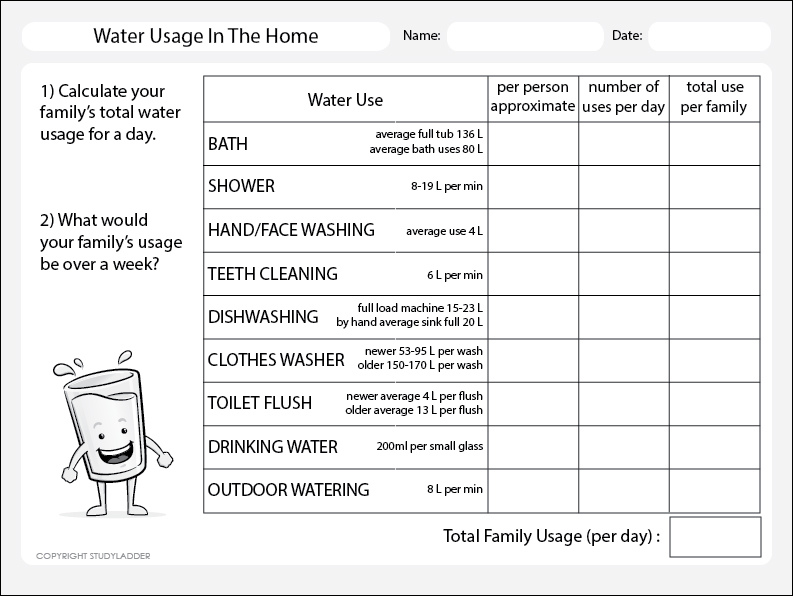


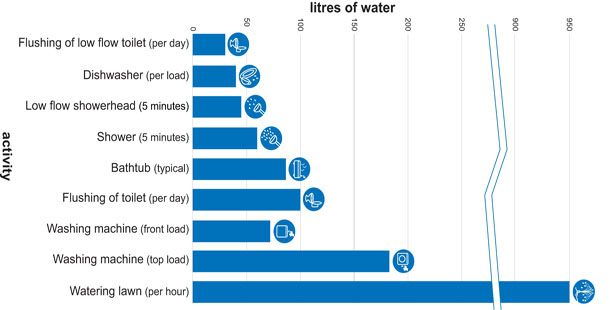

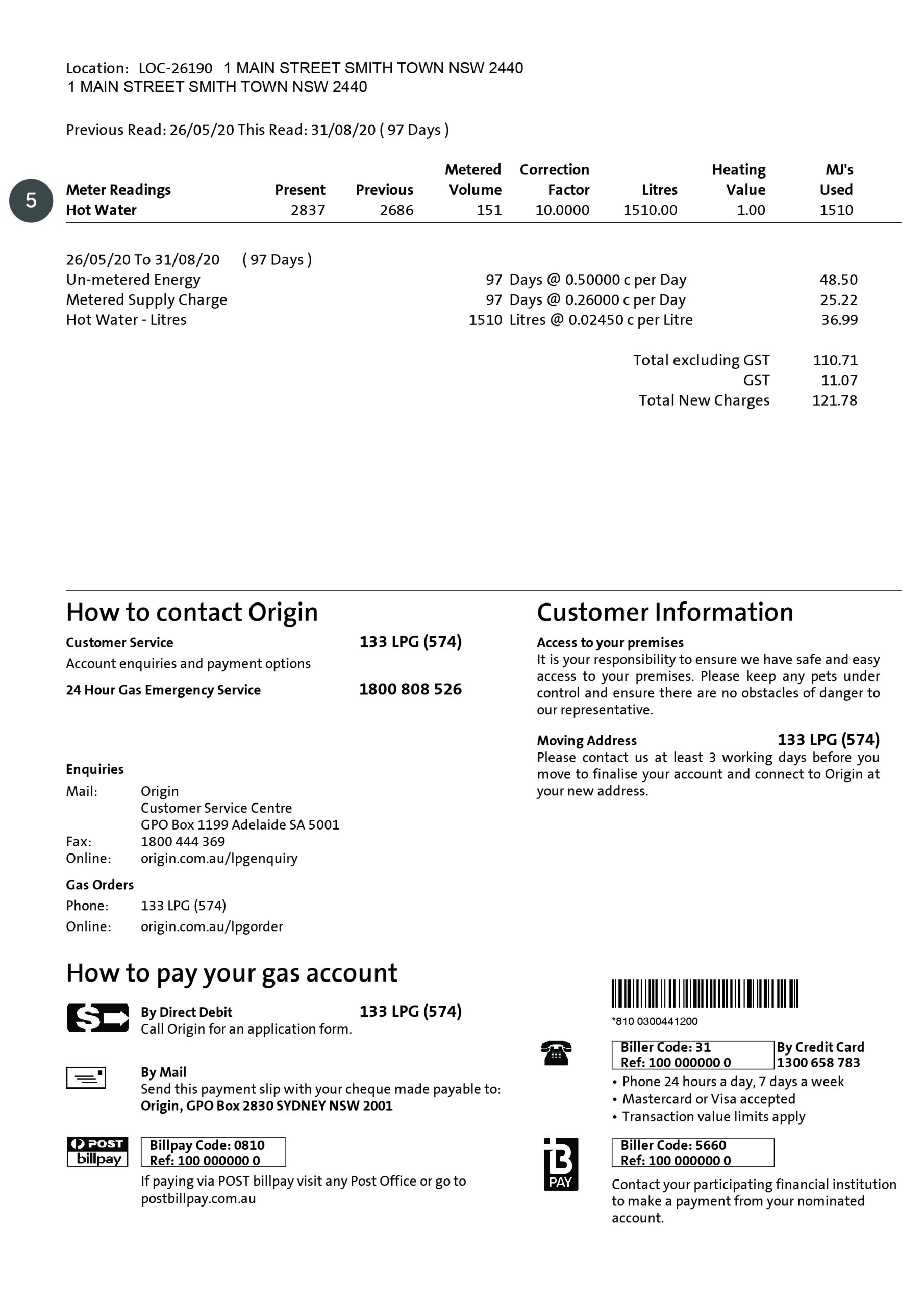


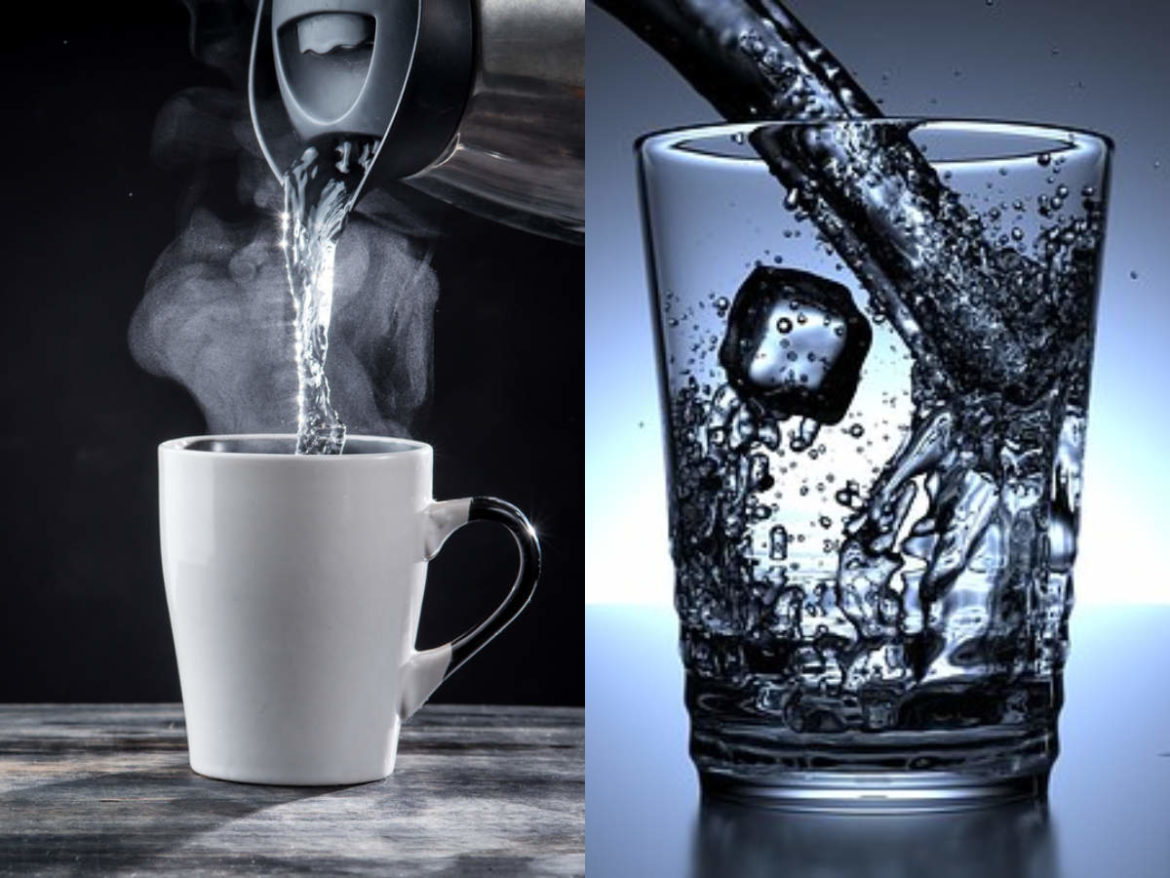
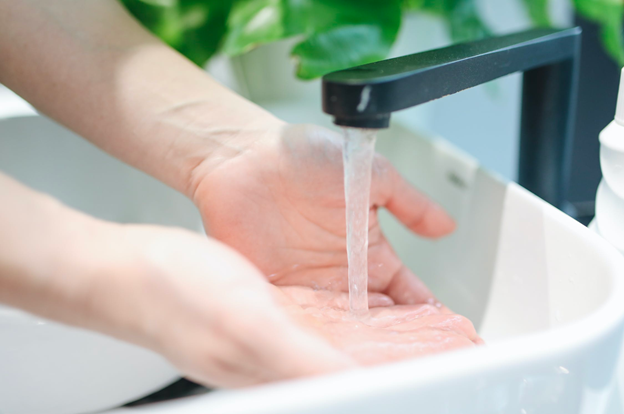
/10 Ways Lower Blood Pressure (1).png)


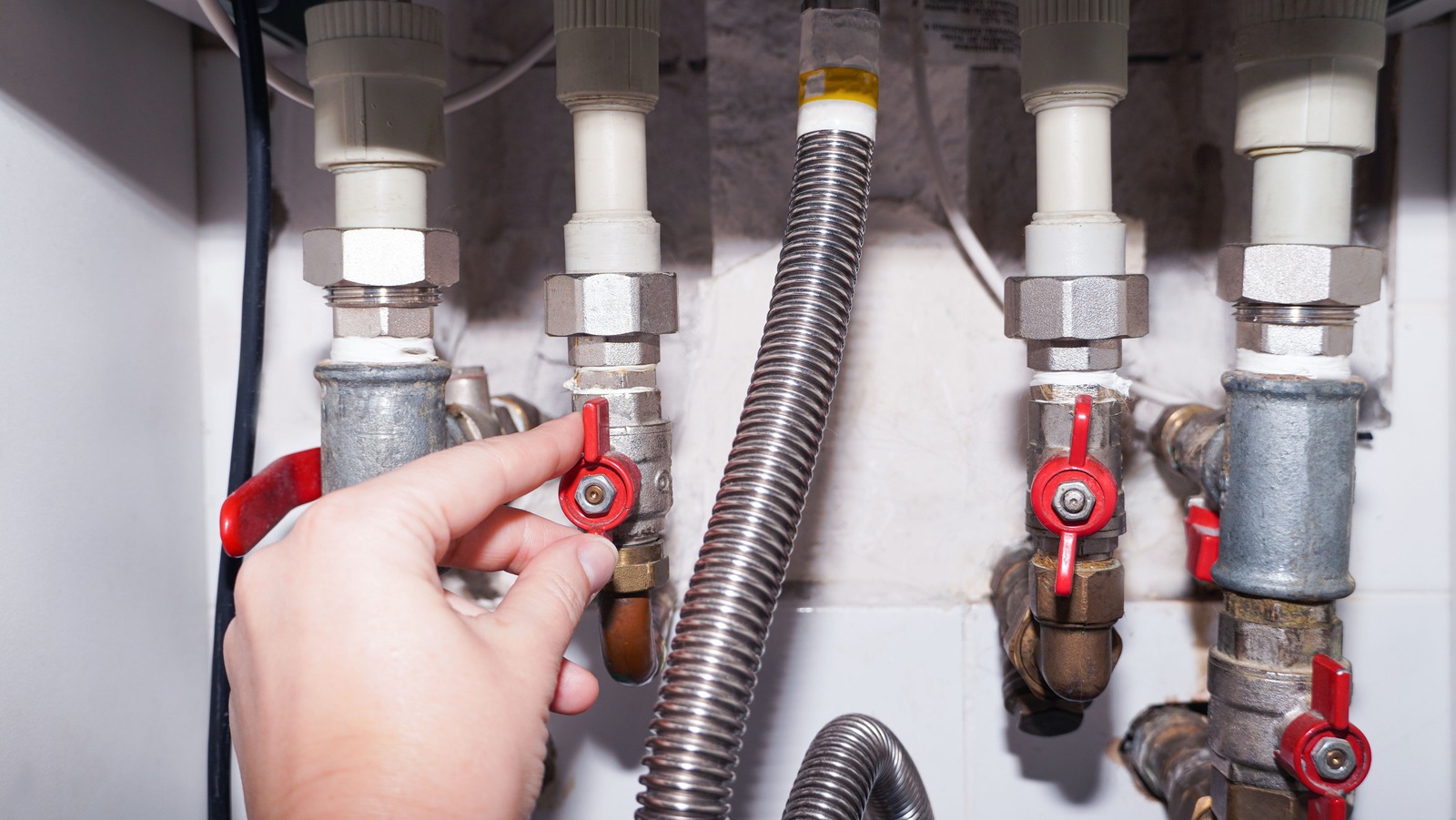







:max_bytes(150000):strip_icc()/conservation-efforts-why-should-we-save-water-3157877-Final-edit-112bc340e95f4a94933c6eb245f63785.jpg)

